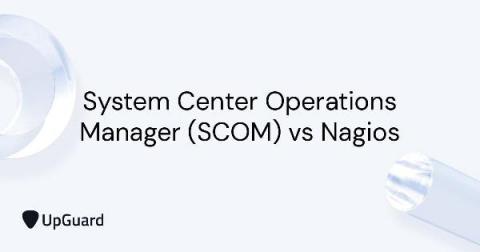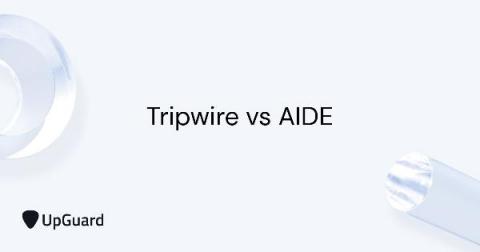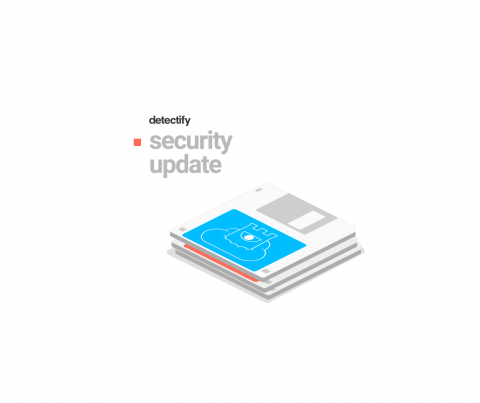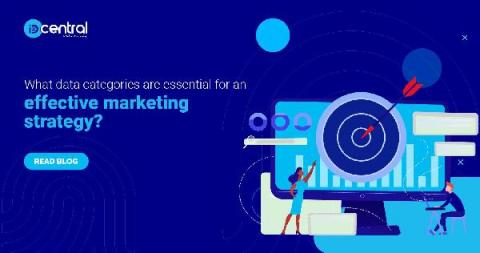Tripwire vs RedSeal
To survive in today's cyber threat landscape, enterprises increasingly rely on layered defenses to smooth out attack surfaces. A variety of tools are available to cover all parts of the security continuum: security information and event management (SIEM), security configuration management (SCM), vulnerability detection, and more. Tripwire and RedSeal are two platforms that cover different, but equally important, aspects of enterprise security—let's see how they stack up in this comparison.









